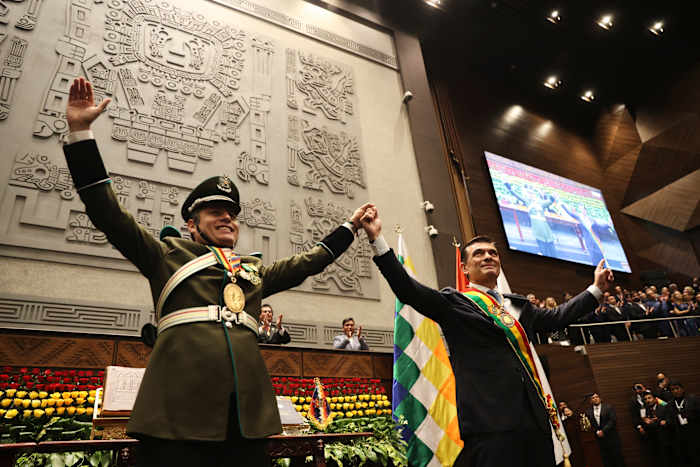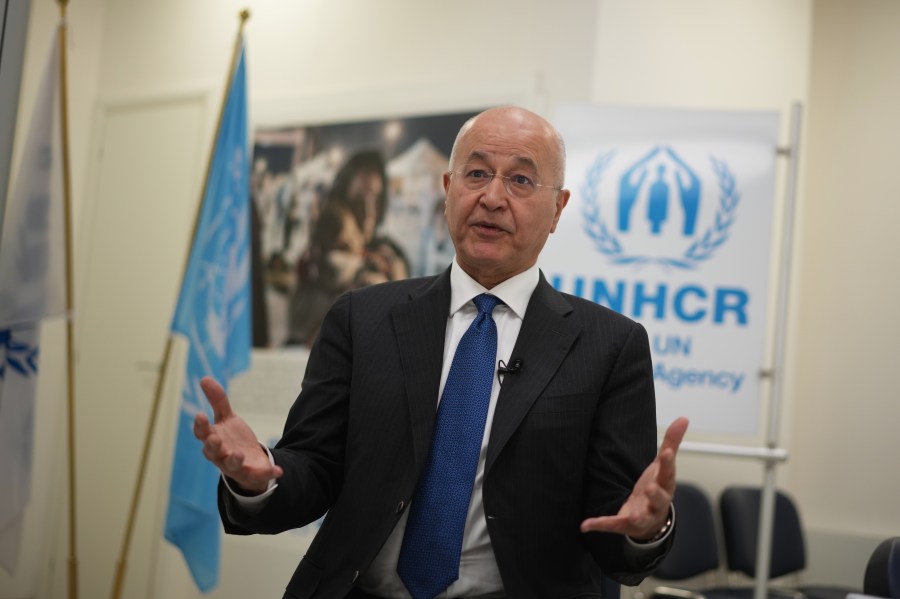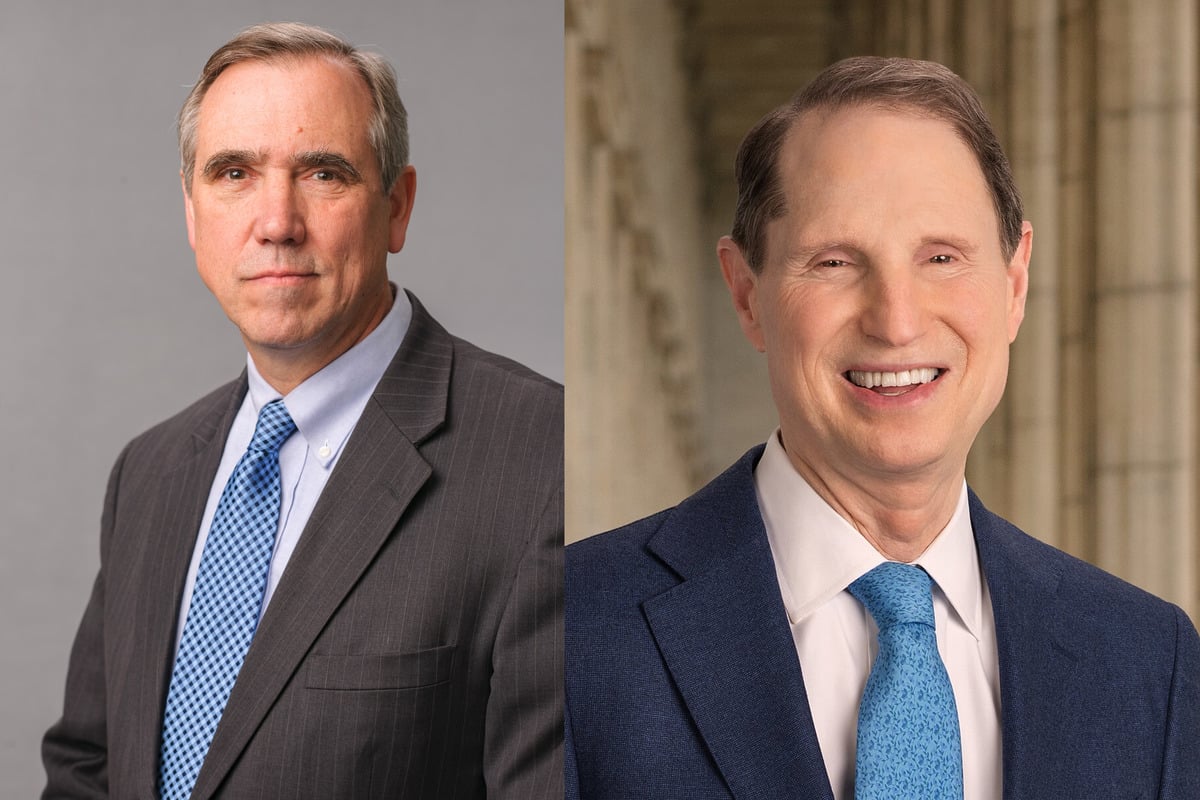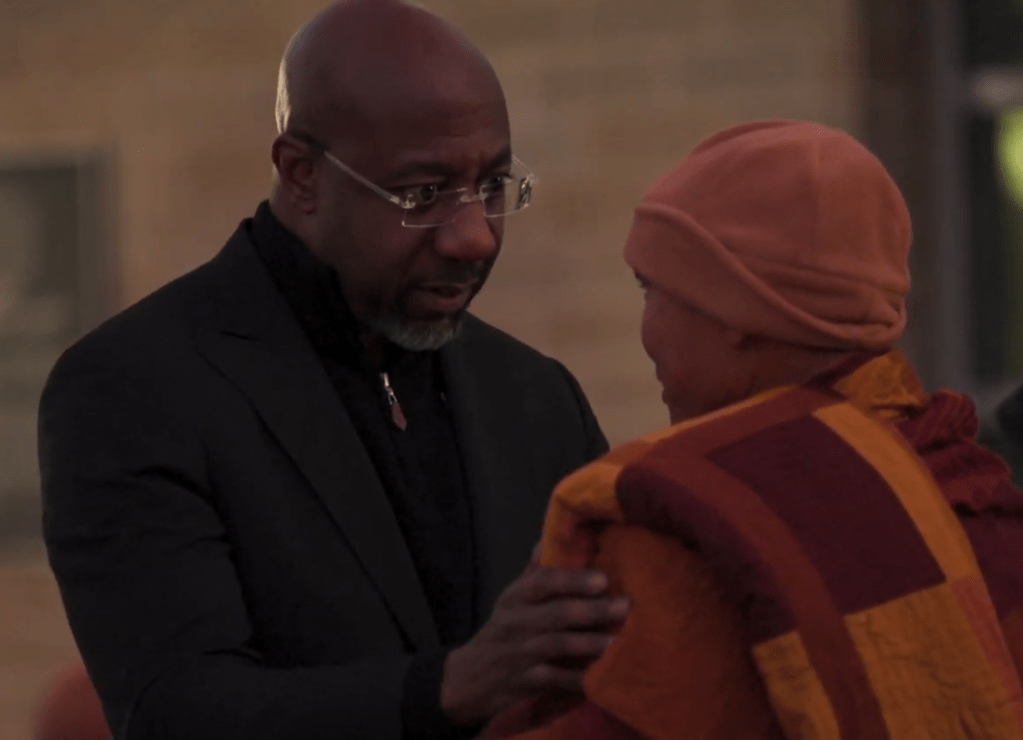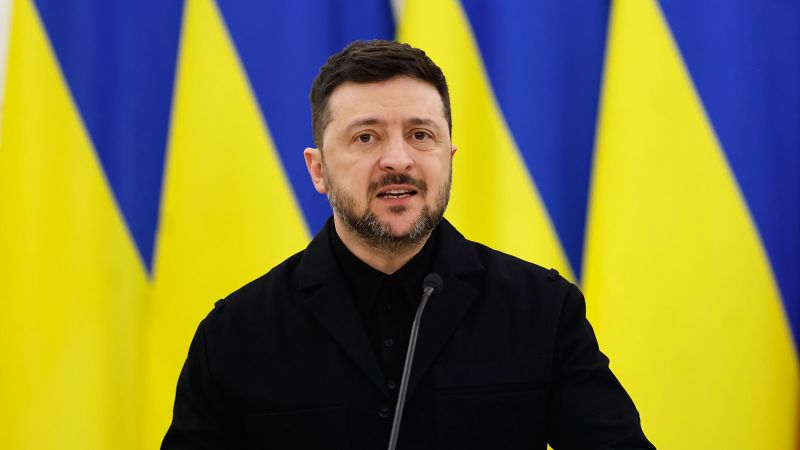On October 21, 2023, conservative politician Rodrigo Paz was sworn in as Bolivia’s new president, marking a significant shift after nearly 20 years of governance by the Movement Toward Socialism party. His inauguration took place in La Paz, attended by lawmakers and foreign leaders, including the presidents of Argentina, Chile, Ecuador, Uruguay, and Paraguay.
Paz, 58, took the oath of office with a commitment to his country, proclaiming, “God, country, and family, I do swear,” before receiving the presidential sash and medals. His election victory has generated significant hope among Bolivians grappling with severe fuel shortages and high food prices, a situation exacerbated by the country’s worst economic crisis in 40 years.
Economic Challenges Ahead
In the runoff election held last month, Paz surprised many by defeating the more prominent right-wing candidate, former President Jorge “Tuto” Quiroga. His victory is seen as a response to widespread discontent with the economic landscape, which has deteriorated under the previous administration. Paz inherits an economy in turmoil, characterized by a collapse in the natural gas export sector and the failure of the previous government’s statist economic model.
During the early 2000s, the Movement Toward Socialism thrived amid a commodities boom. Yet, as prices fell and resources dwindled, the economic framework of generous subsidies and a fixed exchange rate faltered. With U.S. dollars in short supply and chronic fuel shortages plaguing the nation, many voters turned to Paz in hopes of revitalizing the economy.
Paz has promised significant reforms but aims to implement them gradually, contrasting with Quiroga’s proposal for an International Monetary Fund (IMF) bailout and an immediate fiscal shock program. His approach seeks to balance urgent economic recovery with political stability.
Shifting Alliances and Future Plans
In the wake of his election, Paz has distanced himself from the ALBA bloc, which includes countries such as Cuba, Nicaragua, and Venezuela, and instead is aligning Bolivia more closely with the United States. This shift reflects a broader strategy to foster cooperation with international financial institutions. Notably, Paz has engaged with the Andean Development Corporation to secure a $3.1 billion loan aimed at bolstering economic recovery over the coming years.
“After two decades of left-wing government, he can count on the goodwill of foreign investors and the international community,” said Michael Shifter of the Inter-American Dialogue.
Despite the favorable reception from international partners, Paz faces a formidable challenge in navigating the political landscape at home. His Christian Democratic Party controls only 39% of the Legislative Assembly, necessitating the formation of alliances with other political blocs to pass crucial reforms.
Additionally, Paz has announced a commitment to collaborate with international security organizations, including the U.S. Drug Enforcement Administration, which had been expelled from Bolivia during the Morales administration in 2008. This move signals his intention to tackle not only economic issues but also broader security concerns.
Paz’s administration is now tasked with addressing the pressing needs of the Bolivian people while ensuring that economic policies effectively reverse the current crisis. His ability to implement meaningful change will be closely watched both domestically and internationally in the months to come.

